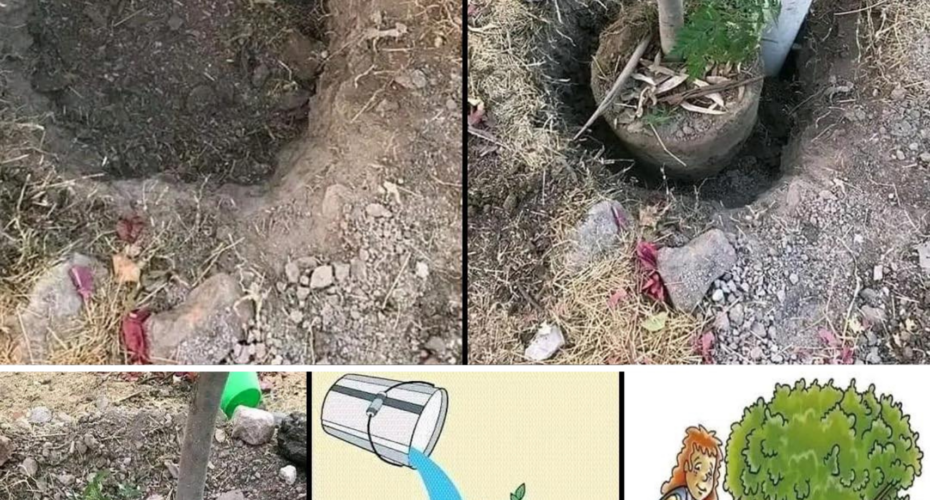Watering plants is an essential aspect of maintaining a garden or green space. However, it can be tedious and ineffective if you don’t have the right tools. Using PVC pipes for smart irrigation is becoming increasingly popular among gardeners and gardening enthusiasts. This technique offers many benefits, including better water regulation, time and labor savings, and more efficient use of resources. In this article, we explore the benefits of using PVC pipes for smart irrigation and explain how you can implement this technique in your garden.
1. The advantages of intelligent irrigation with PVC pipes
- Water saving: One of the main advantages of smart irrigation with PVC pipes is the reduction of water consumption. PVC pipes allow water to be directed directly to the soil of the plants, thus preventing water loss through evaporation or runoff.
- Precise Irrigation Control: PVC pipes can be fitted with valves and sprinklers that allow precise regulation of the amount of water delivered to each plant, ensuring that each plant receives the irrigation it needs without wasting water.
- Saves time and effort: Automated smart irrigation with PVC pipes reduces the labor burden for gardeners. You can schedule irrigation at specific times, so you don’t have to be constantly present to water your garden.
- Adaptability: PVC pipes are flexible and can be adapted to the specific needs of your garden. Whether you have potted plants, flower beds or a vegetable garden, this watering method can be adapted to all situations.
2. How to set up a smart irrigation system with PVC pipes
- Planning: Before you begin, develop a plan for your sprinkler system. Identify the areas of your yard, the types of plants you have, and the water needs of each. This will help you determine the number of pipes, valves, and sprinklers you need.
- Materials needed: Obtain quality PVC pipes, valves, sprinklers and fittings. Make sure all equipment is rated for outdoor use.
- Installation: Start by digging shallow trenches for the PVC pipes. Connect pipes, valves and sprinklers according to your plan. Make sure everything is securely fastened.
- Programming: If you choose an automated watering system, program it according to the needs of your plants. Make sure that watering is preferably done early in the morning or early evening to minimize evaporation.
- Monitoring: Even with an automated system, it is important to regularly monitor the operation of your irrigation system. Check pipes, valves and sprinklers to make sure they are in good condition.
Advertisement
Conclusion: Using PVC pipes for smart irrigation is an effective method of plant care, whether in the home garden, vegetable garden or a larger green area. It allows for more efficient water use, precise regulation of irrigation and offers significant benefits in terms of time and labor savings. By investing in such a system, gardeners can not only save water but also maintain a healthy and thriving garden. So if you want to improve the efficiency of watering your plants, consider the smart irrigation technique with PVC pipes.

